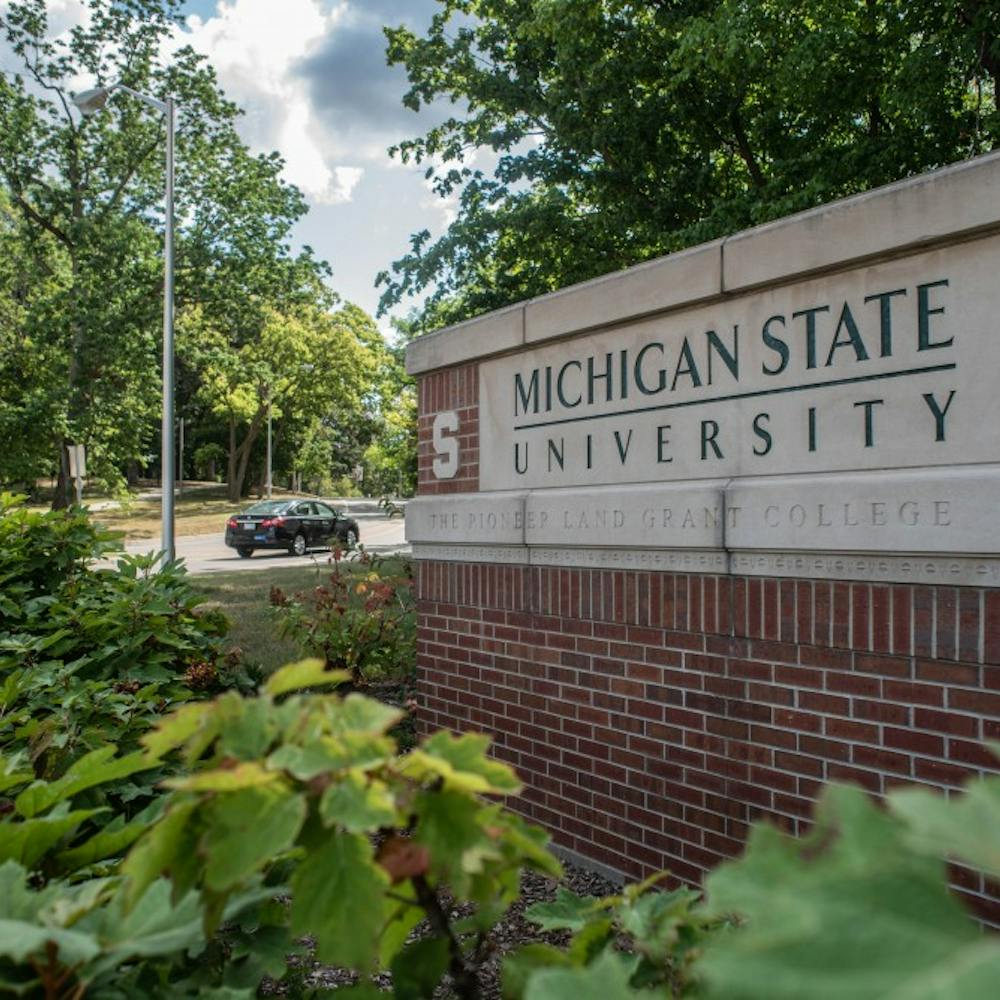Lansing - Gov. John Engler’s New Year’s resolution is to provide Michigan residents with fast, stress-free Internet service through thousands of miles of government-subsidized broadband cables.
“The governor believes very strongly that Michigan needs to be positioned as a high-tech state that has the infrastructure it needs to draw businesses and investments,” Engler spokesman Matt Resch said.
But unfortunately for Engler, fulfillment of his resolution depends a great deal on other people’s opinions.
At last week’s Senate Technology and Energy Committee meeting, supporters of the proposal met with opposition members who claimed the plan was a veiled tax increase and would create bigger government.
But telecommunication freshman Jason James said he doesn’t think it sounds like a bad idea.
“Overall I think everybody in the state deserves to have equal access to the Internet,” he said.
With regard to the fees that will most likely be passed on from private companies, such as Ameritech, to consumers, James doesn’t see a big problem.
“We already subsidize our phone lines, so I think it’s OK to incorporate some Internet subsidies too,” he said.
Sen. Dianne Byrum, D-Onondaga, sits on the technology committee and questioned whether this initiative was counterproductive to the deregulation work that has characterized the committee’s past.
“We’ve spent the past eight years on this committee removing government involvement in communications,” Byrum said. “Why would we turn 180 and start regulating again?”
Telecommunication companies insist they are already laying enough cable to meet state demand, but supporters of the broadband plan cite Michigan as ranking middle at best in providing Internet for schools, businesses and families.
Doug Rothwell, chief executive officer of the Michigan Economic Development Corp., argued that Michigan lags in comparison to other states when it comes to up-to-date technology.
“Michigan is average at best,” Rothwell said. “And average isn’t good enough. Michigan should be at the forefront of economic recovery.”
Laying of broadband lines and government control of parts of the operation would require a small fee per foot of broadband. Engler proposed 7 cents, but was bartered down to 5.
Many organizations and individual legislators are hesitant to support Engler’s plan, claiming it is moving too fast and there are still issues to clear up.
The Senate committee, headed by Sen. Ken Sikkema, R-Grandville, will vote on the issue Jan. 30.
From Engler’s perspective, Resch said the government is only trying to make it easier for telecommunication companies to provide affordable service.
“We just want to give them some incentive to do it,” said Resch. “Part of the money that would be raised would go into an authority that could then offer loans at low interest rates.”




